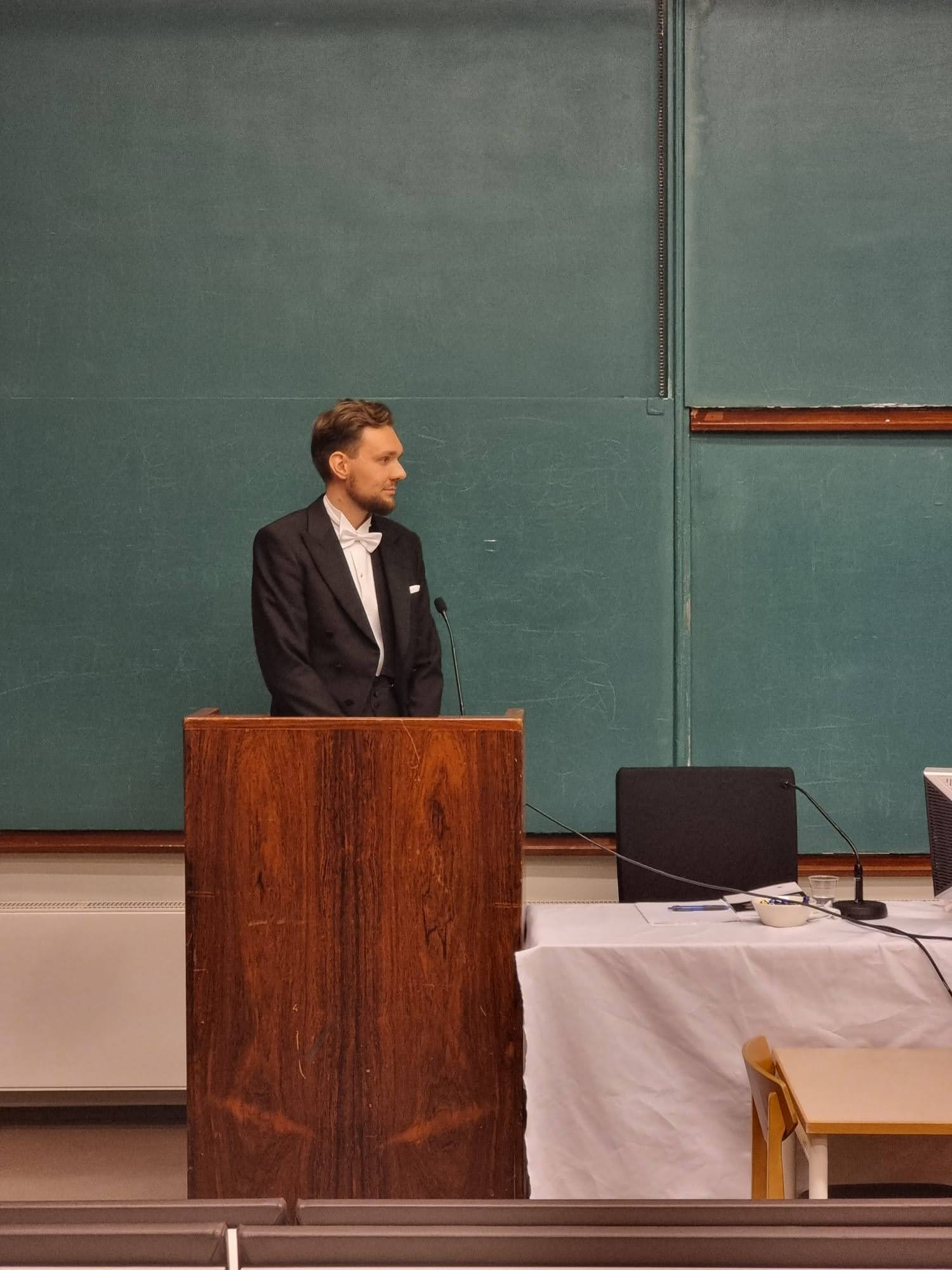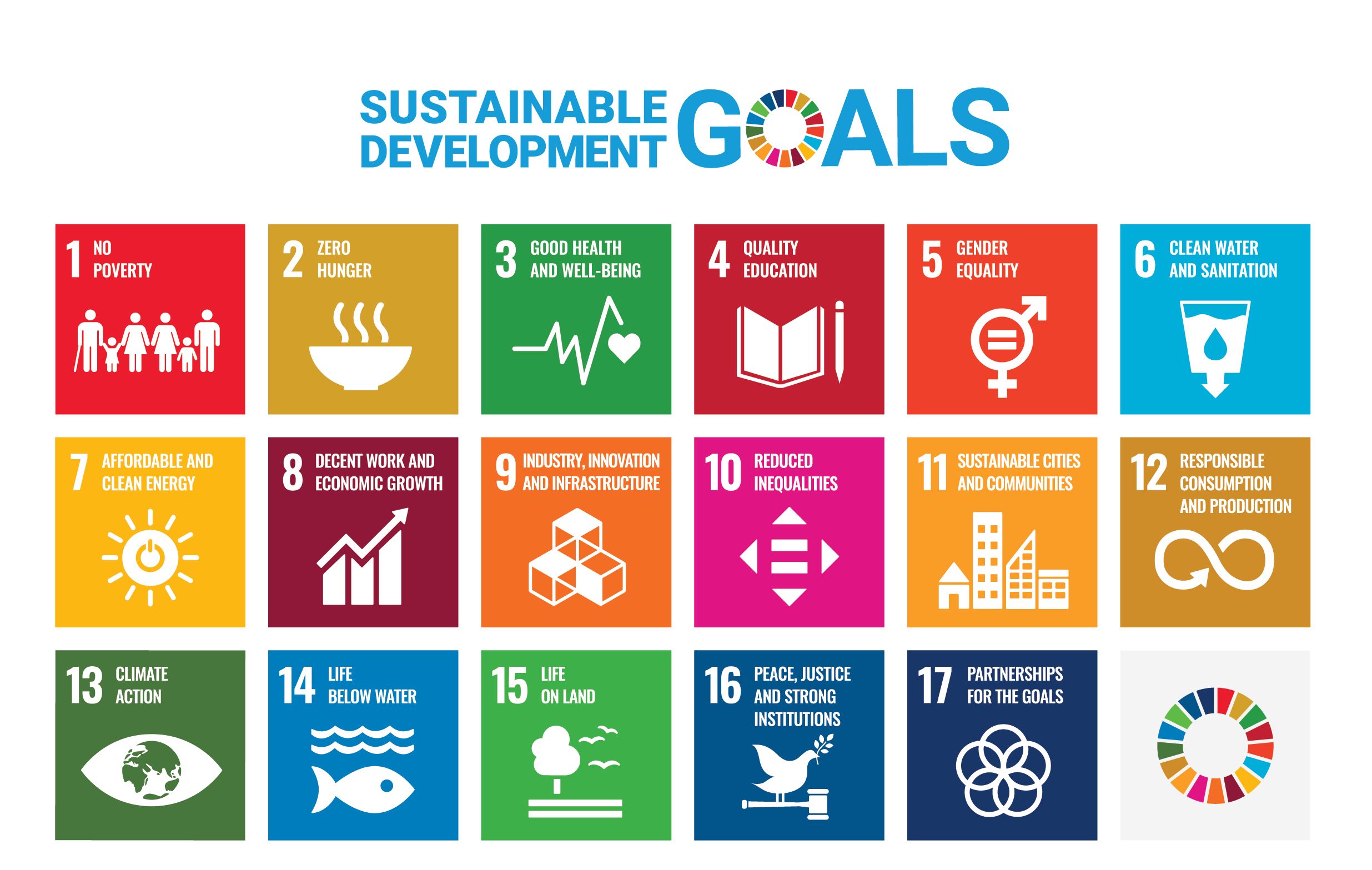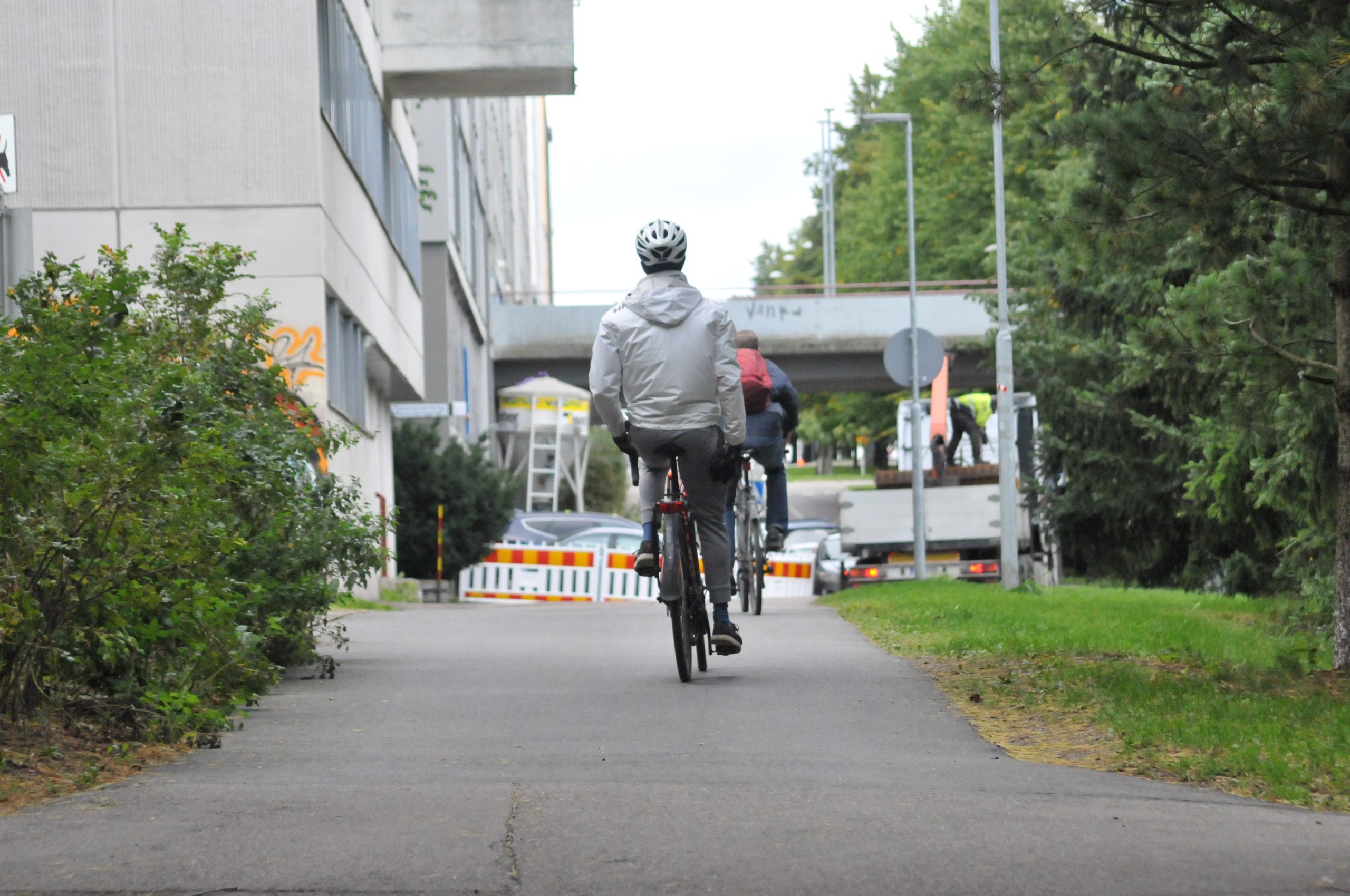Elias Willberg successfully defended his PhD thesis last Friday!
The defence took place on Friday, 2nd June 2023, with Professor Trisalyn Nelson from the University of California, Santa Barbara as the opponent. The defence started with Elias Lectio Praecursoria, and continued with a lively discussion with the opponent about Elias’ thesis
See Elias’ thesis here: ”Measuring sustainable accessibility : geospatial approaches toward integrating people and the environment”. Elias’ work was supervised by Prof Tuuli Toivonen, Prof Henrikki Tenkanen and Prof Age Poom and funded by the Amer Cultural Foundation (Sporttia Stadiin) and EU (URBANAGE and HOPE projects).
On the week before the defence, we had the honour of hosting the opponent, Professor Trisalyn Nelson, at the University of Helsinki. She gave an exciting talk for a broad audience on-site and online, with the title “Crowdsourced Data for Active Transportation Planning“.
The busy days culminated in the cheerful Karonkka party on Saturday evening, with a long and bright summer evening. On Monday, Elias switched to a new life chapter by starting a three-month paternity leave with their small daughter.
Hooray & hugs to Elias! 🥳🤗
Many thanks also to the opponent, Prof Trisalyn Nelson, for visiting us and leading the discussion with academic expertise and curiosity, in a cheerful spirit! 🤗
Continue reading “Elias Willberg successfully defended his PhD thesis – Trisalyn Nelson as opponent”



 Figure 1. 17 Sustainable Development Goals. Source:
Figure 1. 17 Sustainable Development Goals. Source: 